The Trump administration is considering a vast expansion of who can access a person's mailbox in an attempt to financially reinvigorate the United States Postal Service. The move comes in a government report evaluating the current state of the USPS and ways to make it more lucrative. If enacted, the proposal would allow private companies to access a person's mailbox...for a price.
This is not to be confused with private companies accessing mailboxes for junk mail, because those advertisements are still delivered through USPS, which operates with what is known as the "mailbox monopoly," a 1934 policy that gives the USPS sole access to a person's mailbox. Under this proposal, companies like FedEx and United Parcel Service would have the option to pay for physical access to your mailbox instead of it being the sole prerogative of the USPS.
The report reads in part:
"The Task Force recommends that the USPS explore franchising the mailbox as a means ofgenerating revenue. This could be done by retaining the mailbox monopoly and allowing
regulated access, for a fee, to certified private companies. These 'franchisees' would be
granted access to the mailbox for the delivery of mail and small parcels."
While carriers like FedEx and UPS already have access to ship to their consumers, USPS strictly forbids private shipping companies from leaving deliveries in a federal mailbox and it isn't afraid to enforce the policy either.
While the USPS has been operating at a loss as a result of lower participation as well as the requirement that they fund retirement plans decades in advance, many Americans are skeptical of the move.
Some think the proposal would lead to total privatization, and the fear isn't exactly far-fetched.
The Trump administration's push to privatize the USPS earlier this year was met with bipartisan backlash. Lawmakers emphasized the importance of the Postal Service to rural communities and the importance of the institution - which has existed since the 1770's - as a whole.
Though the Postal Service is in clear need of some sort of restructuring, many lawmakers insist that the necessary improvements can be made through alleviating bad policy - like the institution's mandatory pre-funding of retiree health benefits.
Some lawmakers have proposed additional services to bolster the institution's operational model. Democratic Senator from New York Kirsten Gillibrand proposed a bill that would extend the Postal Service's functions to include basic financial services like check cashing and low interest loans. An exploratory report of the idea showed that the average American without a steady bank spent over two thousand dollars on similar services.
While the proposal wasn't unanimously adored, it was a lot more popular than the Trump administration's proposal to privatize.
Given Trump's history, it's easy to see why his administration's first move would be to privatize or to sell access to the highest bidders, but as far as the American people are concerned, the idea needs to be returned to sender.



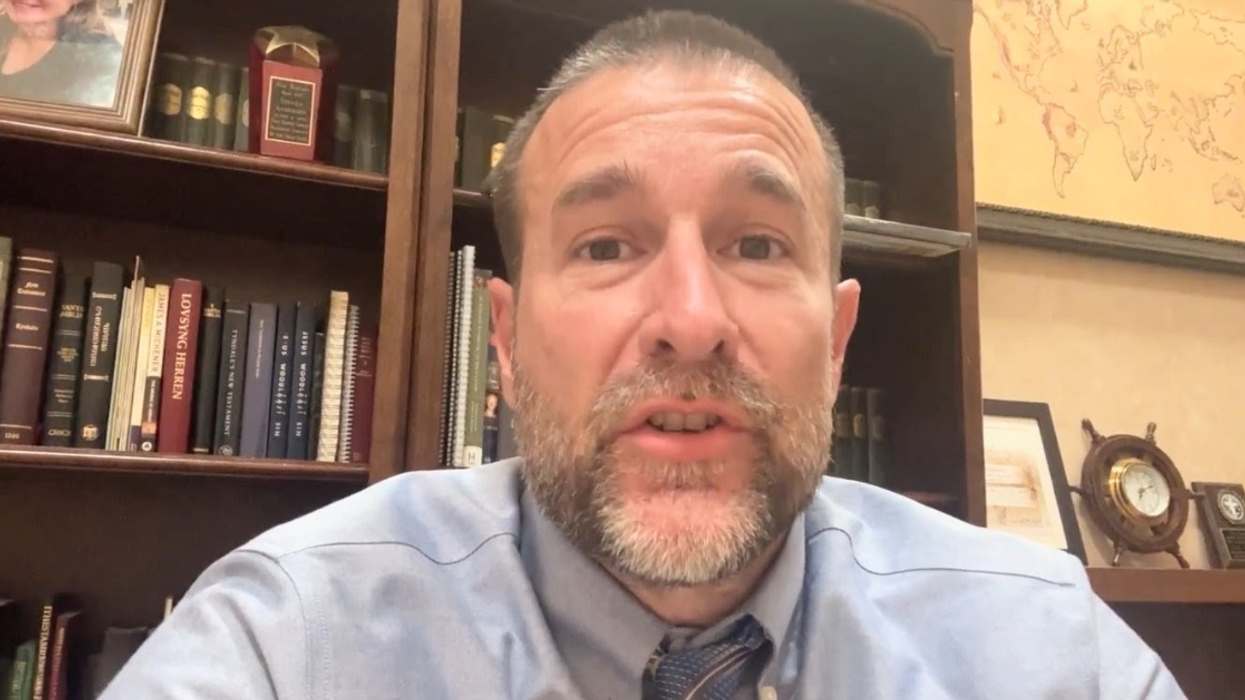
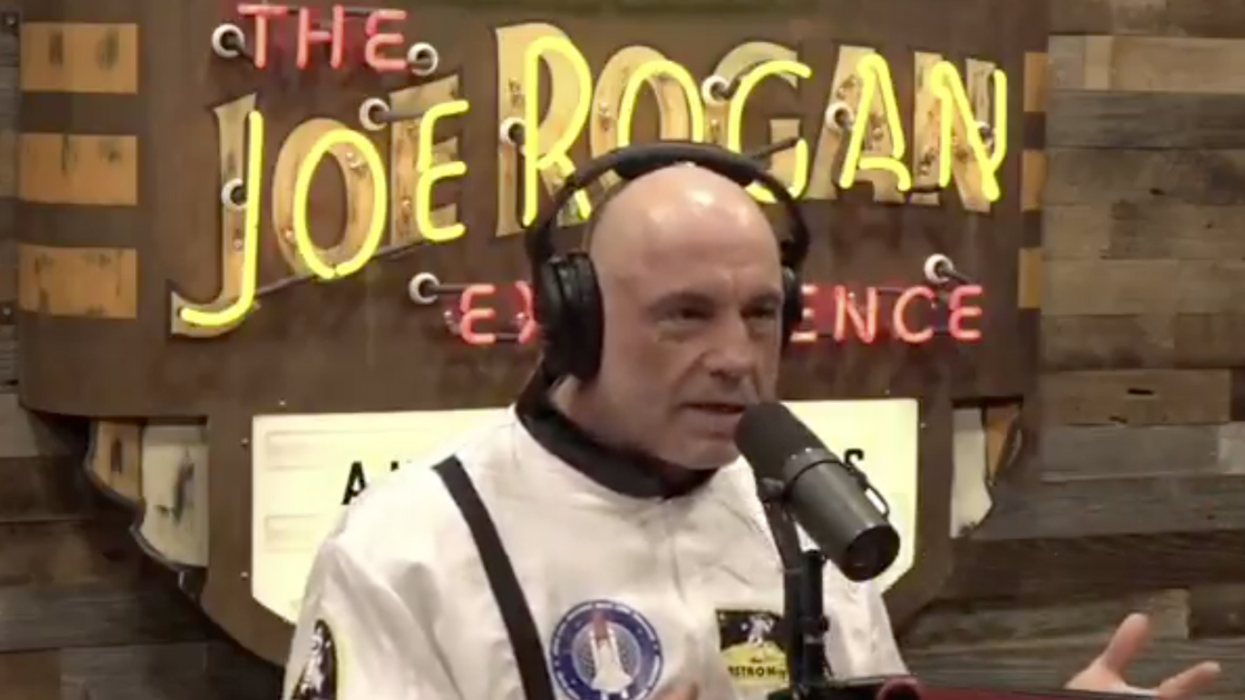
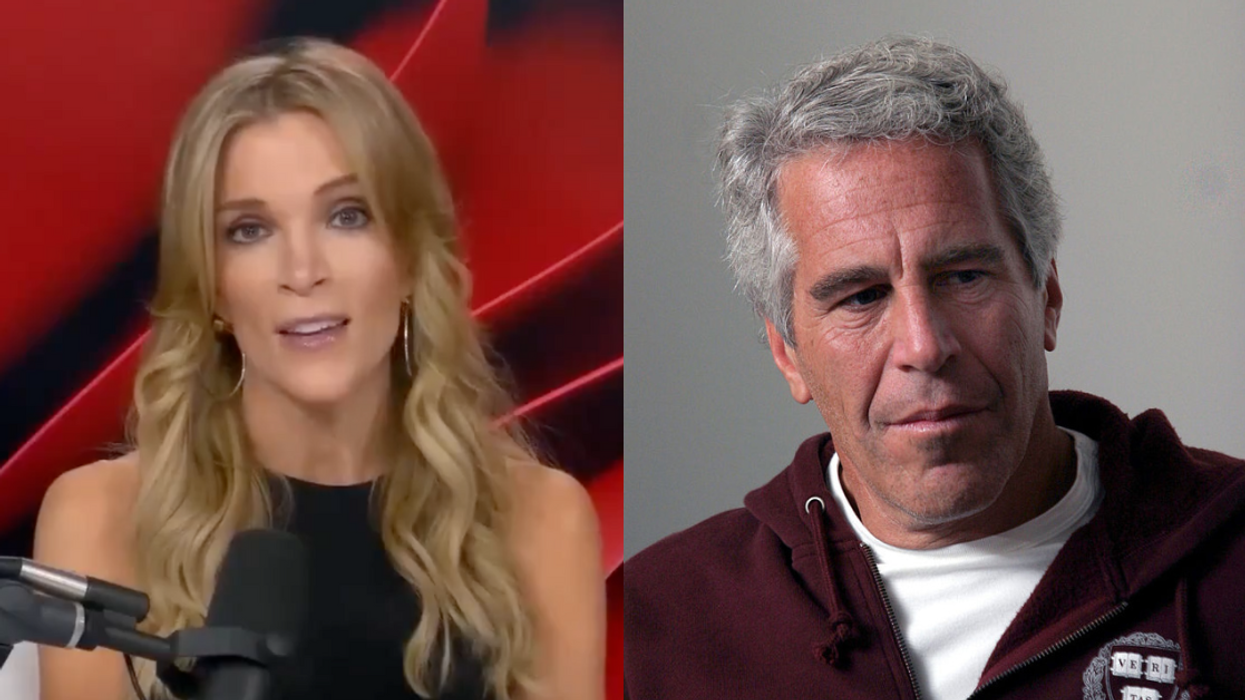
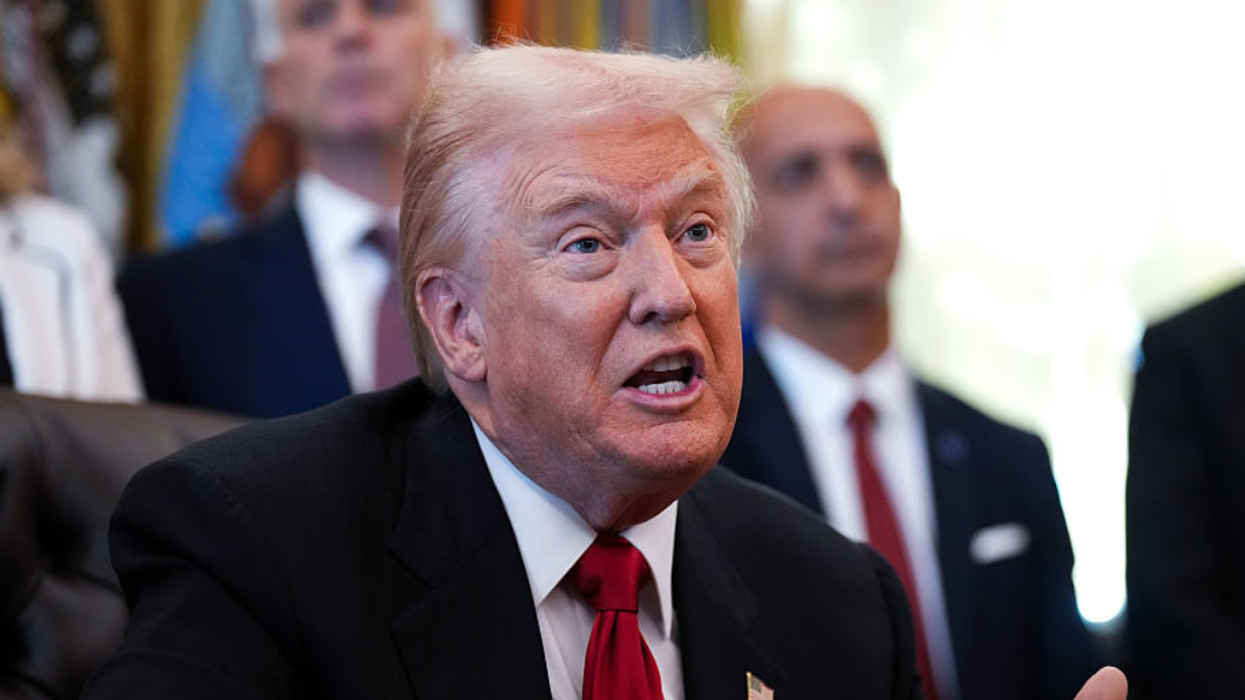
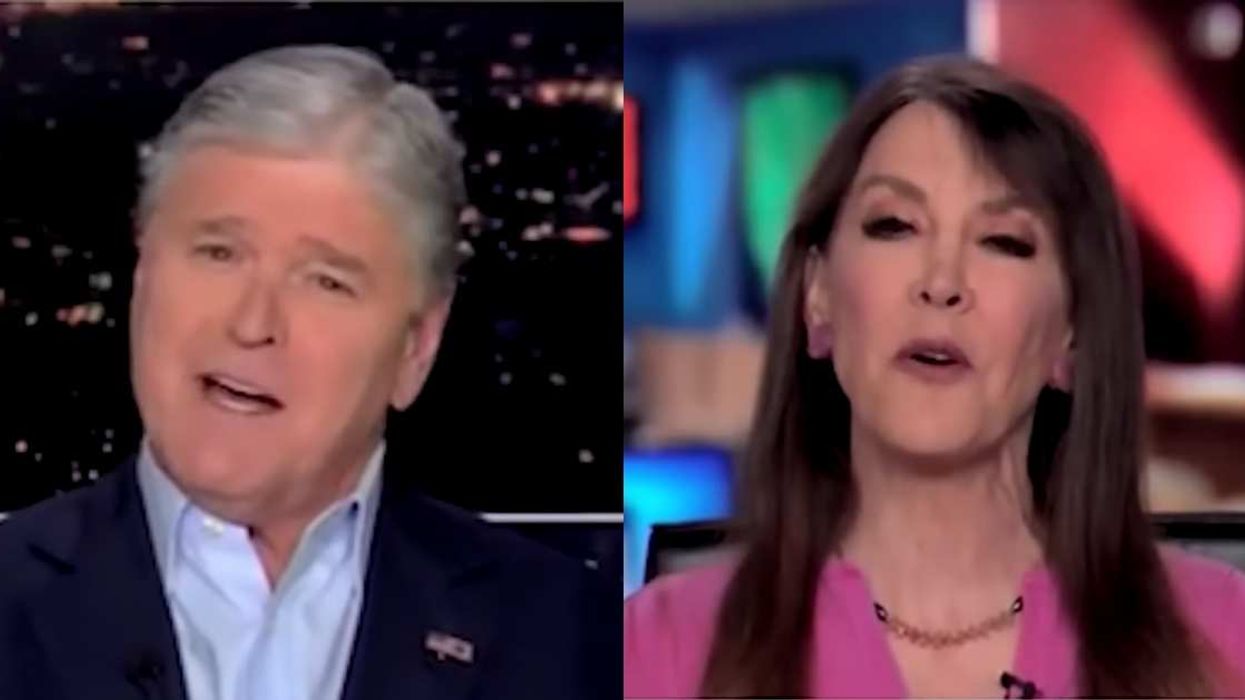

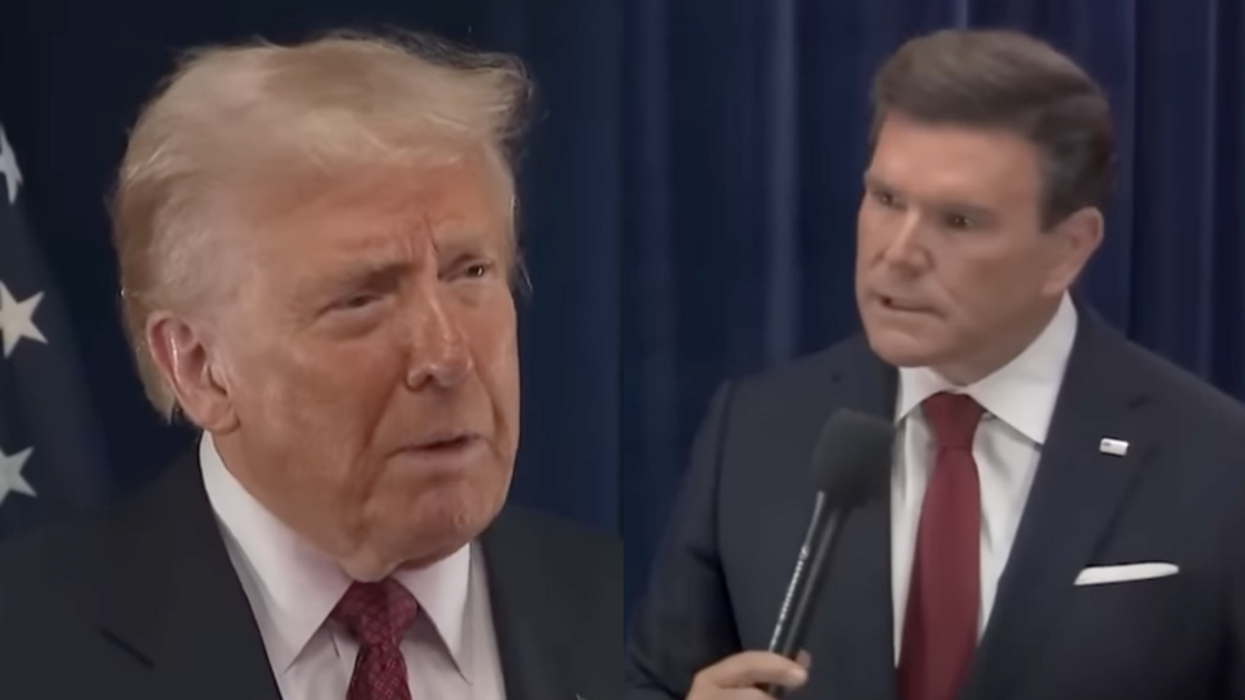

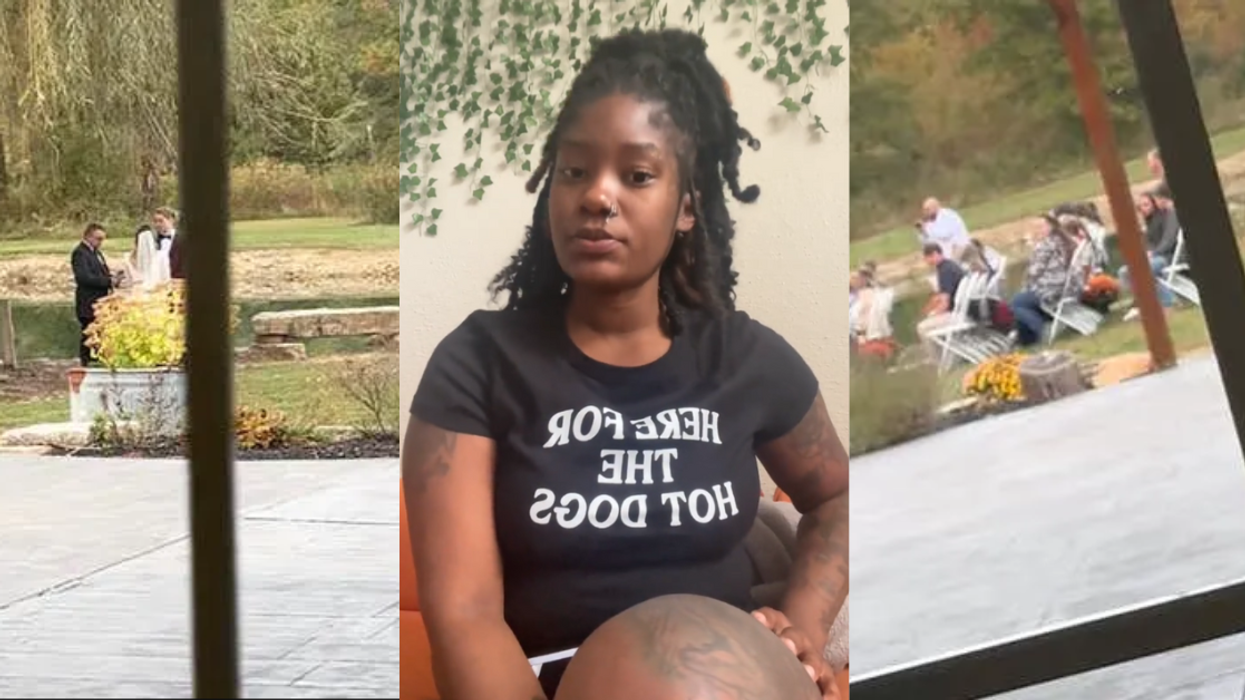
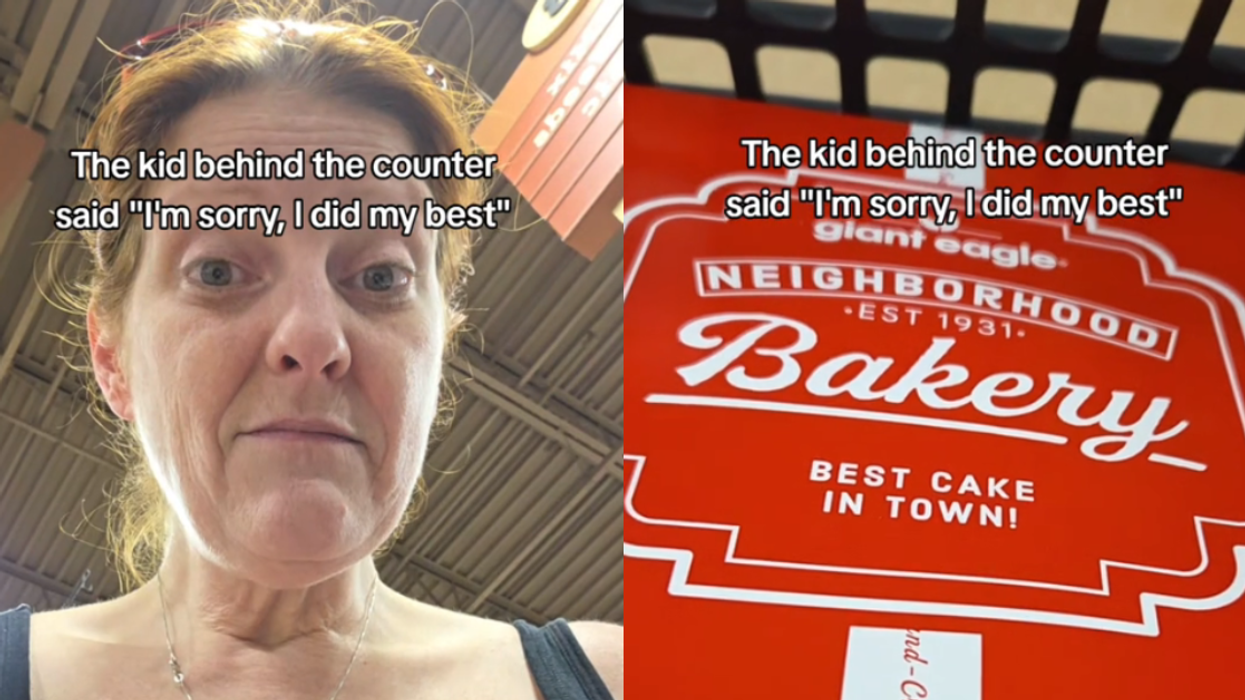
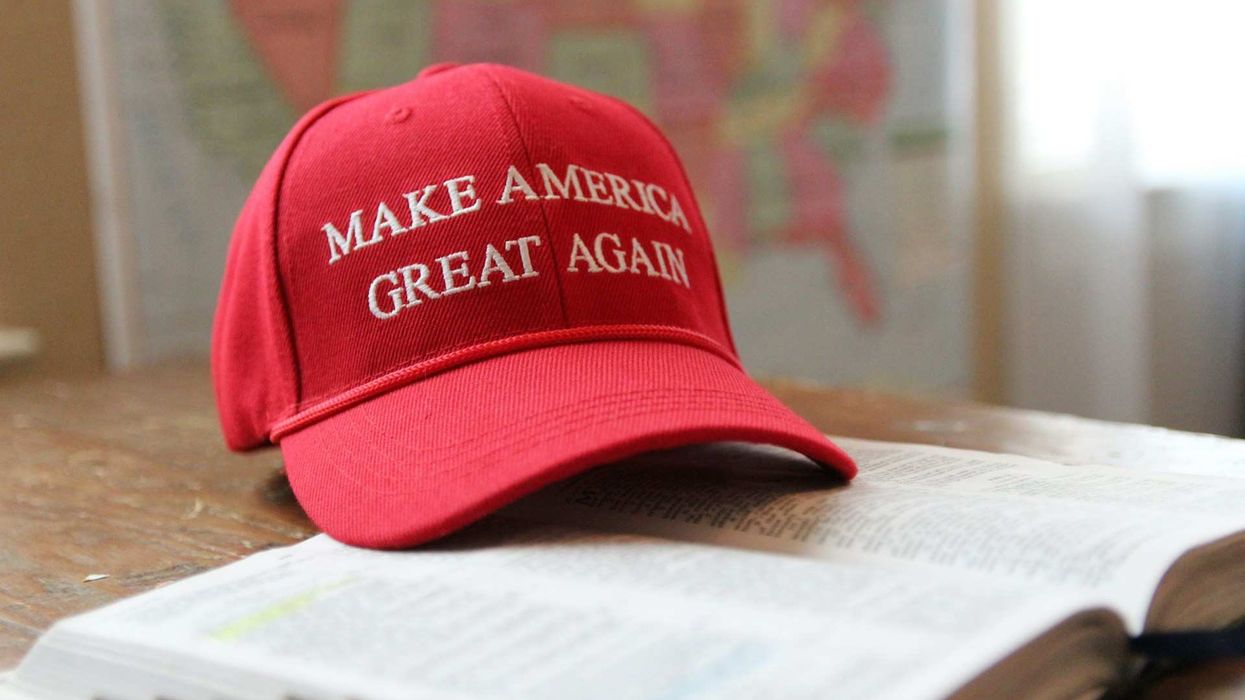
 Happy Feeling Myself GIF by Laff
Happy Feeling Myself GIF by Laff 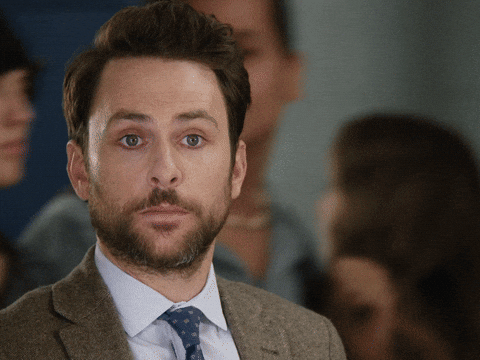 Charlie Day Ok GIF
Charlie Day Ok GIF  Happy Sesame Street GIF by Muppet Wiki
Happy Sesame Street GIF by Muppet Wiki 
 @max_balegde/TikTok
@max_balegde/TikTok @max_balegde/TikTok
@max_balegde/TikTok @max_balegde/TikTok
@max_balegde/TikTok @max_balegde/TikTok
@max_balegde/TikTok @max_balegde/TikTok
@max_balegde/TikTok @max_balegde/TikTok
@max_balegde/TikTok @max_balegde/TikTok
@max_balegde/TikTok @max_balegde/TikTok
@max_balegde/TikTok @max_balegde/TikTok
@max_balegde/TikTok @max_balegde/TikTok
@max_balegde/TikTok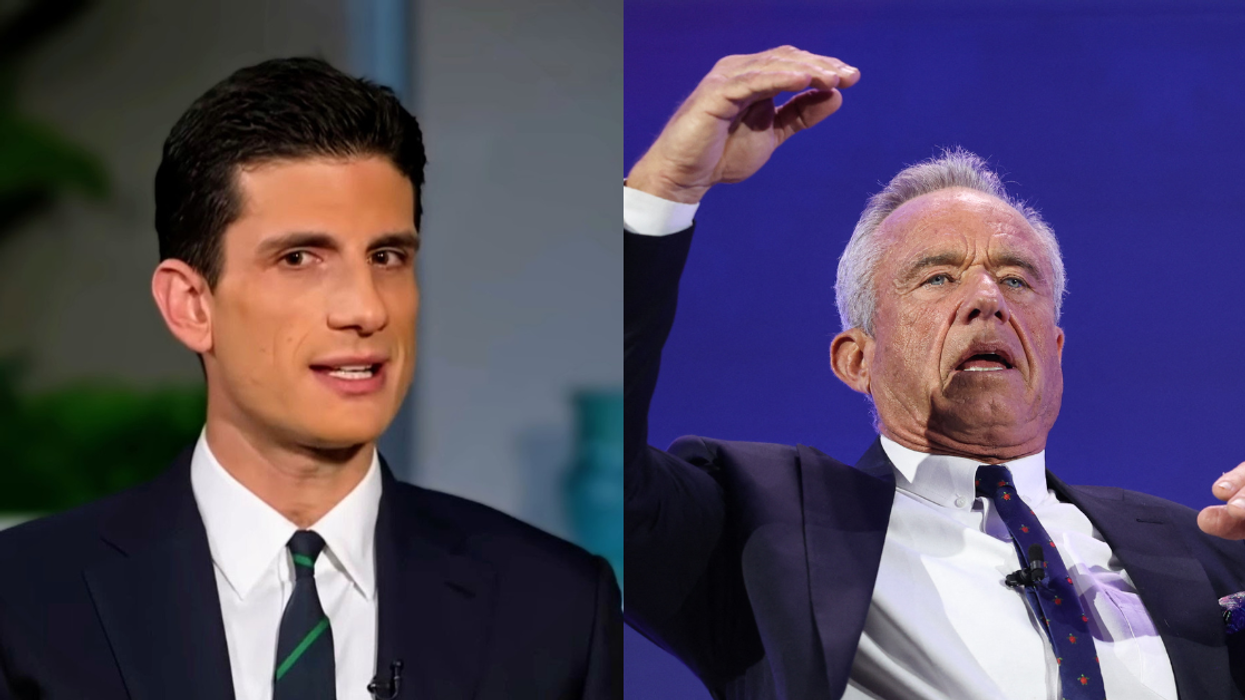
 @jackuno/Instagram
@jackuno/Instagram @jackuno/Instagram
@jackuno/Instagram @jackuno/Instagram
@jackuno/Instagram @jackuno/Instagram
@jackuno/Instagram @jackuno/Instagram
@jackuno/Instagram @jackuno/Instagram
@jackuno/Instagram @jackuno/Instagram
@jackuno/Instagram @jackuno/Instagram
@jackuno/Instagram